Grant program helps independent venues affected by pandemic
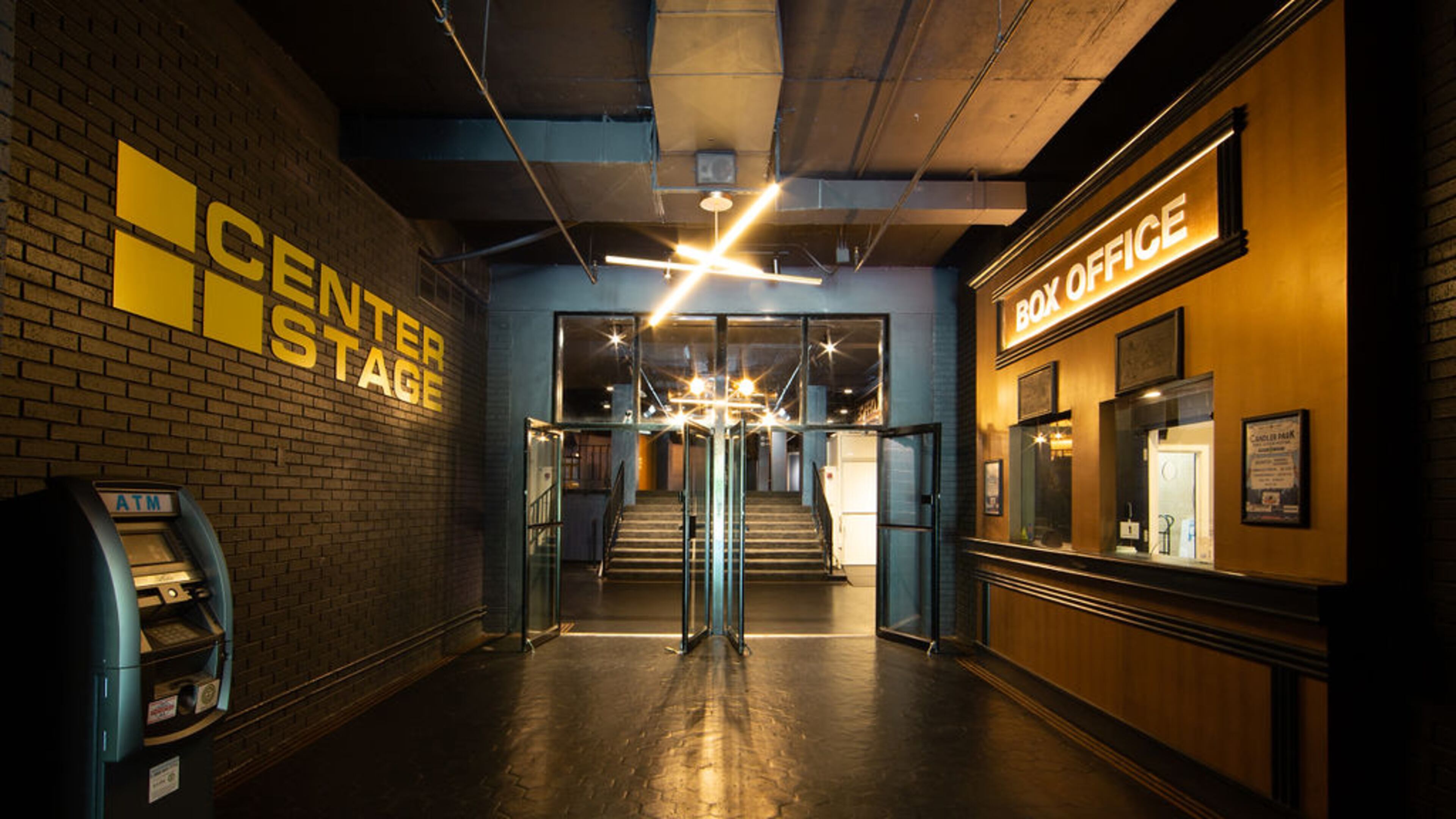
A barren spring led to an empty summer calendar. Fall sparked a smidgen of hope with a handful of outside concerts in parking lots and parks. However, by November, whatever optimism the music industry maintained that some normalcy might return by the first quarter of 2021 was buried in the avalanche of more coronavirus cases and deaths.
But even though the goal posts keep moving — fall seems most realistic for indoor concerts at this point — there is finally a reason for independent venues to slowly exhale.
The COVID-19 relief package signed into law in late December includes $15 billion for the Shuttered Venue Operators Grant program, which includes the Save Our Stages Act organized by the National Independent Venue Association last spring.
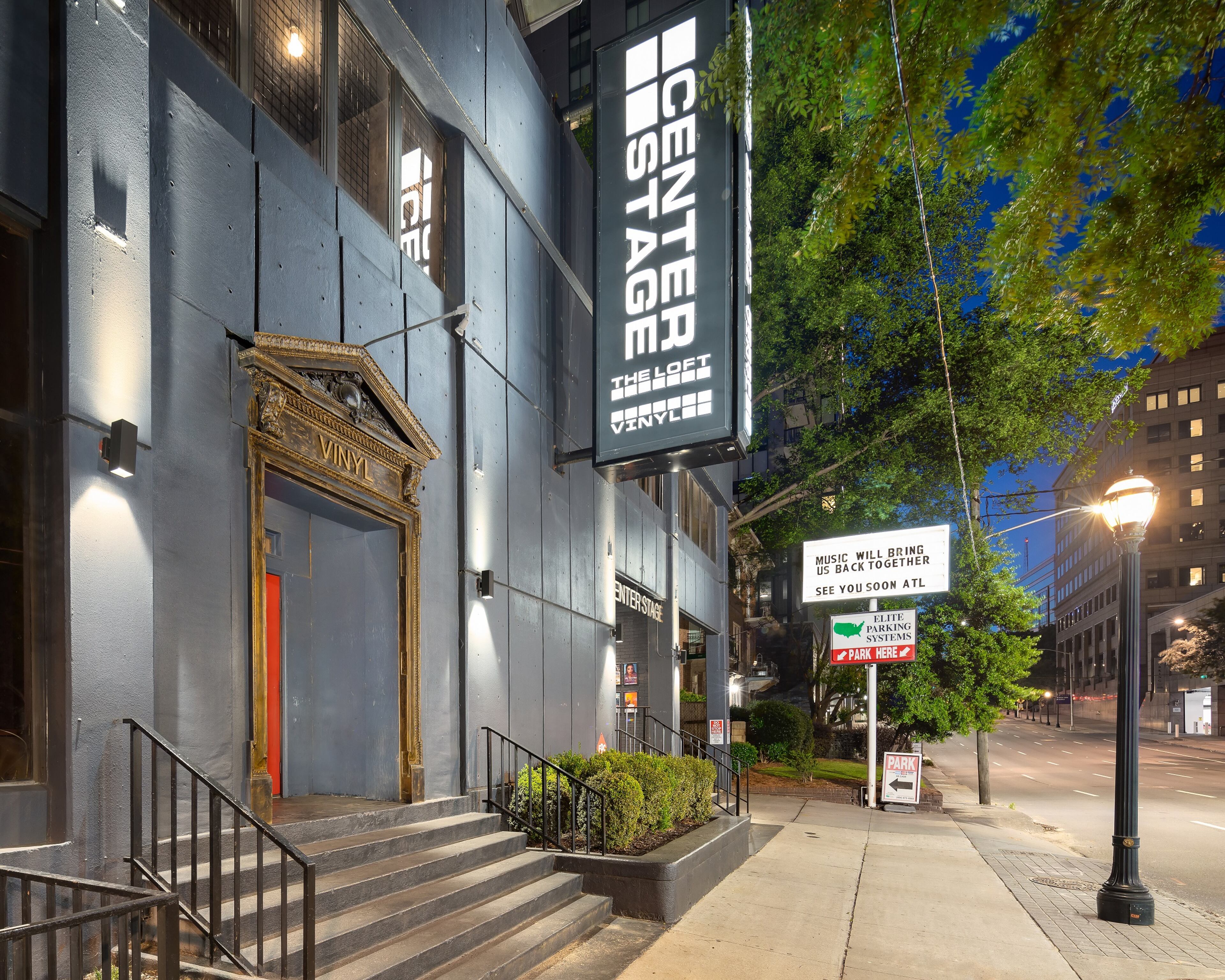
In its current form, music venues — as well as zoos, museums, small movie theaters and other live performances accessed by an admission charge that have been compromised by the inability of people to gather — will receive a financial lifeline through the Small Business Administration’s Office of Disaster Assistance.
But the process has just started. Guidelines and FAQs have been made available to entities that might qualify, but applications have yet to be distributed.
Frustrating, yes. But also necessary to ensure quality control.
“Of course we wish the cash flow could happen sooner, but we’re being well-served by the program being built the right way,” said Josh Antenucci, partner at Rival Entertainment, which manages Center Stage. “The $15 billion is likely to go pretty quickly. There are a lot of venues and promoters and producers of theatrical events in this country that will be legitimately eligible for it. It’s certainly scary to look at another two or three months without revenue or getting the grant money, but the program is very specifically for us, and the time being put into its crafting will protect us from entities not deserving to be in the program.”
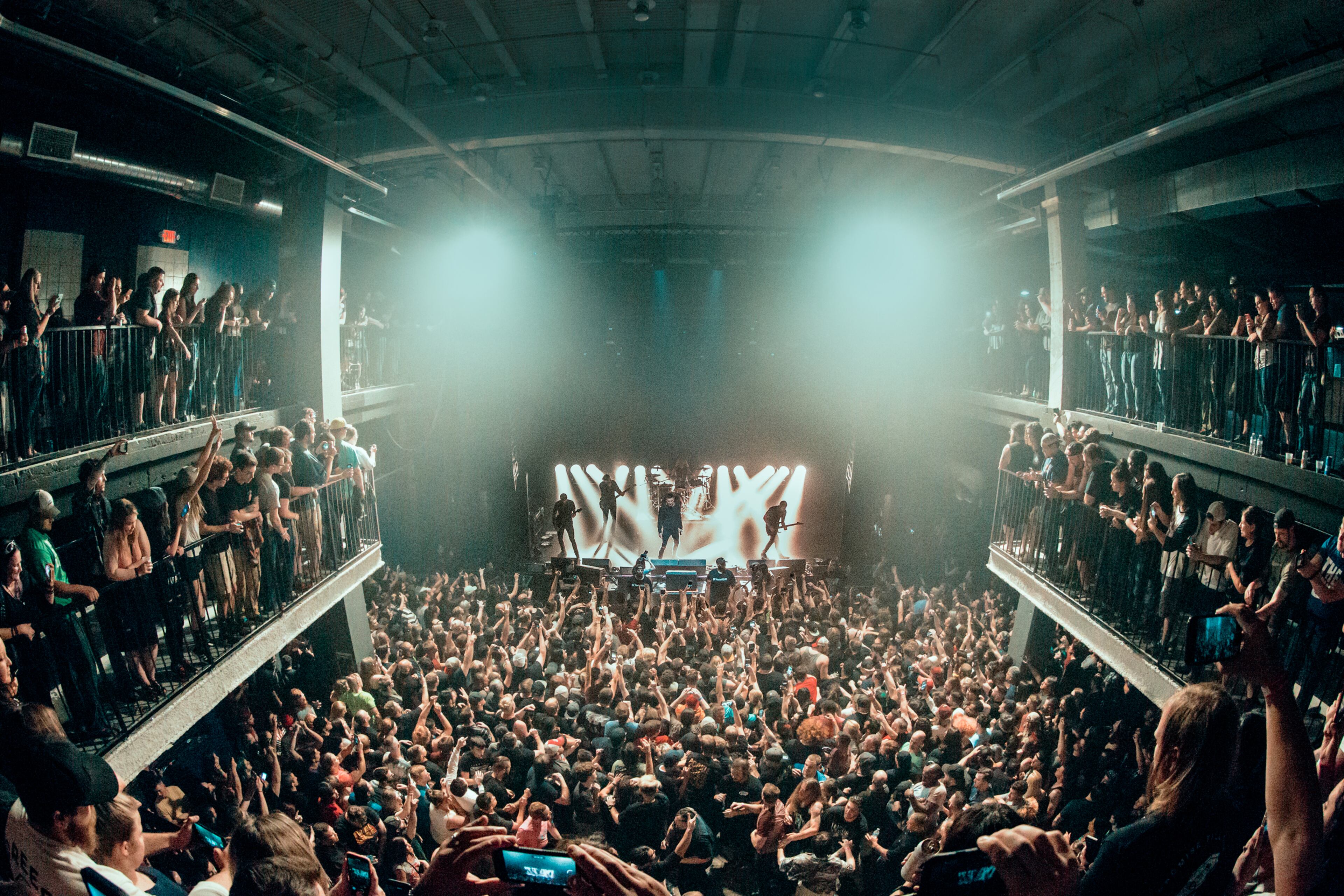
Antenucci is also the state outreach captain for NIVA, and for the past month, he’s been contacting smaller venues around the state in areas such as LaGrange and Woodstock to alert them to the possibility of applying for a cash infusion.
The criteria are straightforward: The business must have been operating since Feb. 29, 2020 — which covers eligible independent Atlanta venues such as the Fox Theatre, The Masquerade, Eddie’s Attic, Red Clay Music Foundry and Center Stage, among others — and generate 70 percent of gross income from the sale of tickets, merchandise and concessions at live productions where an admission fee was paid.
That means in addition to venues, Atlanta music events such as One Music Fest and the Imagine Festival, smaller music spaces including Red Light Café and Aisle 5, and promoters such as OK Productions, would also meet the requirements for a grant.
Eligible applicants may qualify for an SVO Grant equal to 45 percent of their gross earned revenue from 2019, with a maximum single grant award of $10 million.
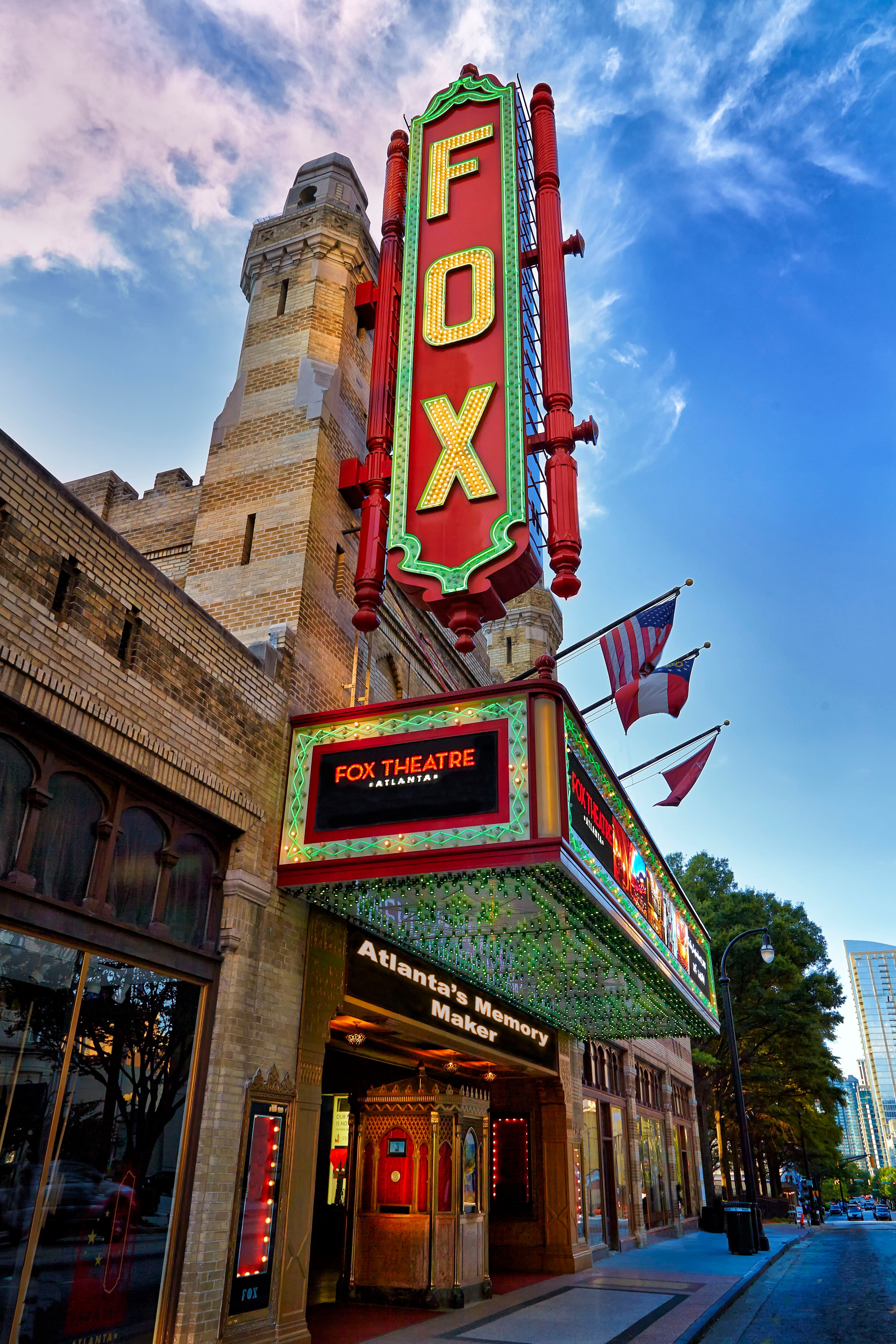
Though the sums will differ depending upon the venue, the money will provide venue managers such as Antenucci and Greg Green, talent buyer for The Masquerade, the ability to recoup expenses from rent, payroll, insurance and utilities.
“(The grants) are lifesaving for a lot of businesses, but it’s not a windfall. We’re not just going to flip a switch one day and we’re good. We still have enormous insurance and licensing costs that we’ve already paid this year and have to pay in 2022,” Antenucci said. “But there is a level of confidence leveraged against this grant that survival is likely.”
Green said his former staff of about 50 full and part-time employees has been whittled to five, while Antenucci maintains one part-time maintenance employee, compared to a workforce of 11 full-time and about 65 part-time/event employees who were working as of March 13, 2020.
And payrolls will remain slashed until there is sufficient activity again.
Hundreds of smaller-venue concerts have been rolled repeatedly — Green estimates about 200 scheduled shows at The Masquerade have been postponed or rescheduled — and venues that have cautiously reopened with sporadic live shows and limited patrons are struggling.
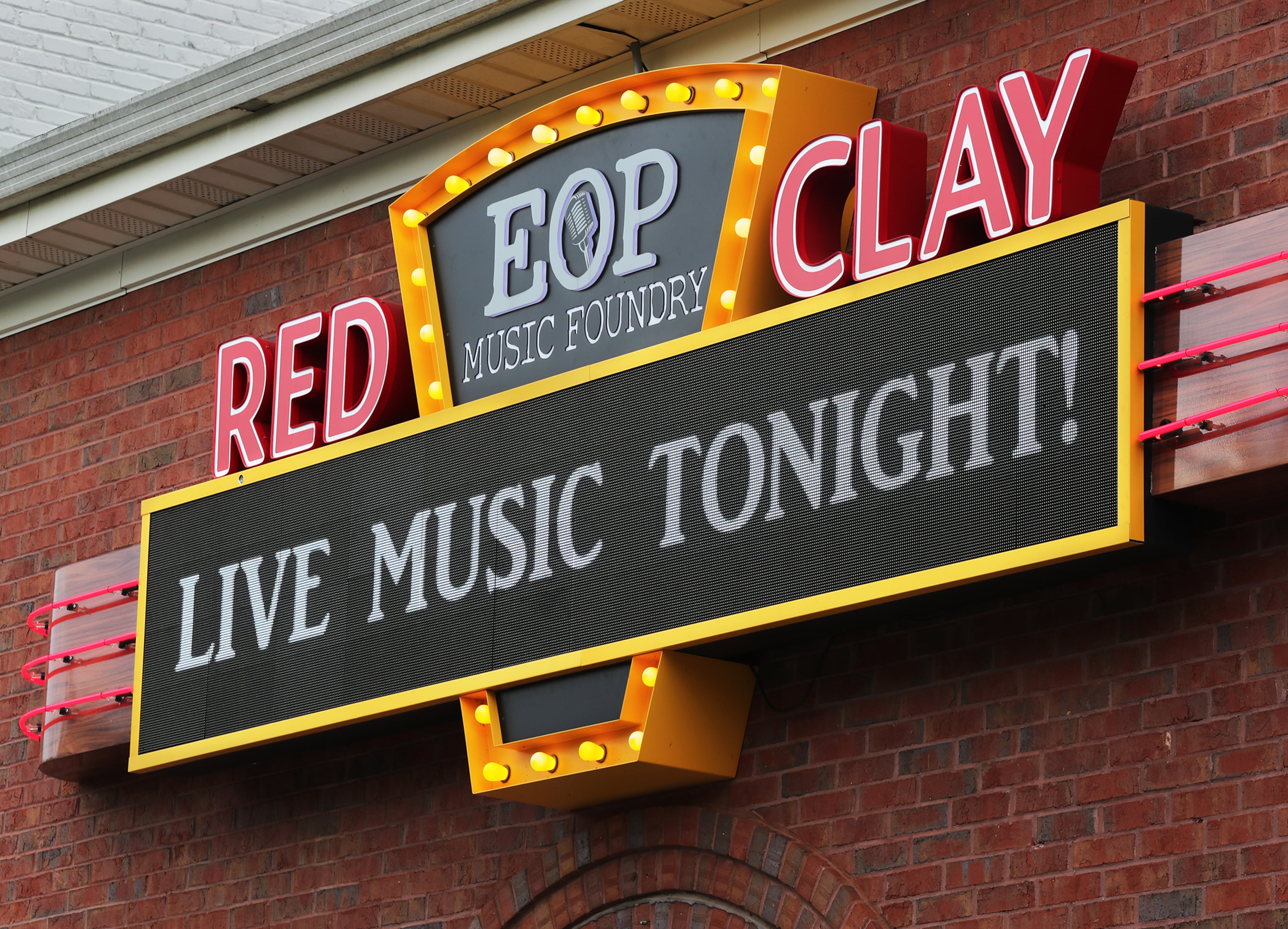
Last month, Eddie Owen, owner of Eddie Owen Presents at the Red Clay Music Foundry, which has also been operating with a scaled-down staff, tried to summon hopefulness about the near future. The venue, which reopened in July for occasional concerts and livestreams performed in front of minimal fans, has done about 8-15% of its usual business the past few months.
“We ain’t back to business, I can tell you that. And I really don’t know when we will be. We did some cool Christmas shows and had great online support and put as many people as we could in the audience, but it’s still a far cry from normal,” Owen said. “I’m not mad at anybody about anything. I just want to see a break.”
Owen hopes that the combination of financial support via the SVO grant and the continued roll-out of the vaccine will equate to a successful second half of the year on both sides of the stage.
“I know people are going to be itching to get back to as normal as possible,” he said.
His thoughts were echoed by Green, who is starting to see a slight glimmer of sunlight.
“For us and thousands of other venues like us, there is hope,” he said. “We’ll be back as soon as we can. We’re as eager to do what we do as people are to come to shows.”
WHO IS ELIGIBLE
Venues and events must meet certain criteria to be eligible to snag some of the $15 billion available through the Shuttered Venue Operators Grant.
- Must have been operating since Feb. 29, 2020
- Generate 70 percent gross income from sales of tickets, merchandise and concessions at live productions where an admimssion fee was paid
WHAT THEY’RE ELIGIBLE FOR
A grant equal to 45 percent of their gross earned revenue from 2019, with a maximum single grant award of $10 million


